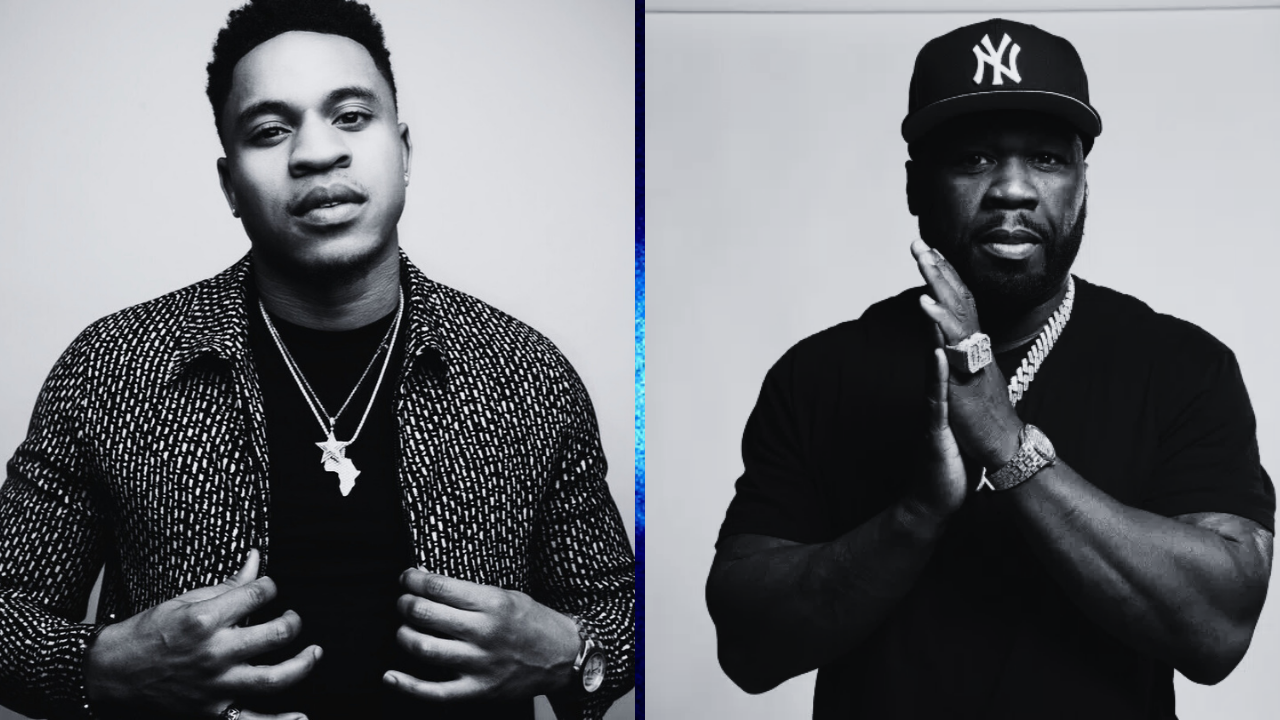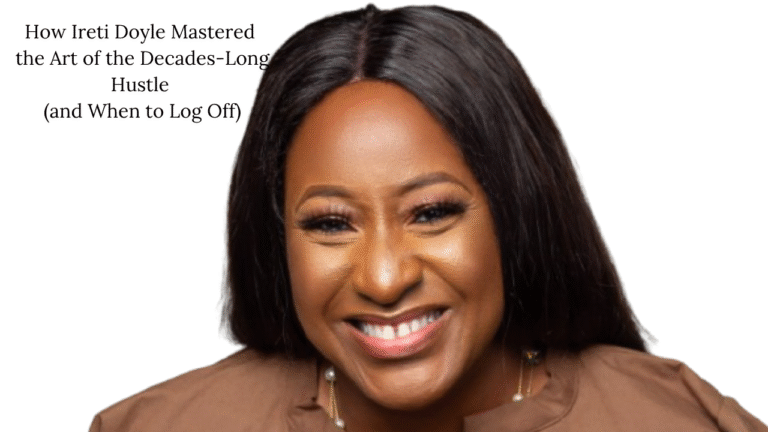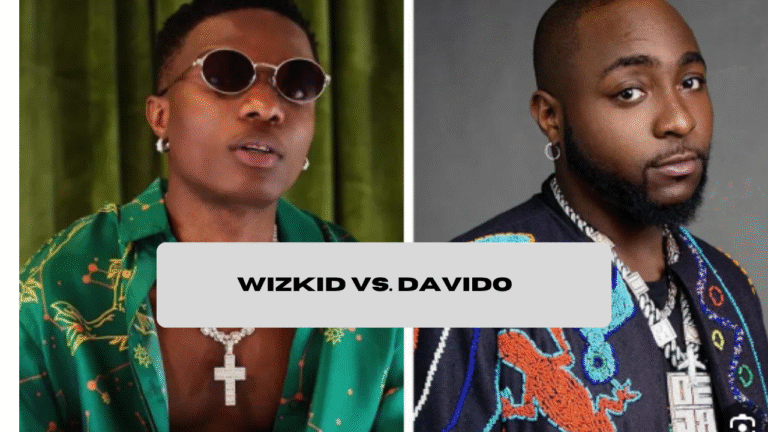
Imagine this: a young, talented artist is signed to a major record label, working alongside one of hip hop’s biggest names. But there’s a catch. The label boss doesn’t quite get his music, his vision, his sound. He’s told to change, to adapt. But he knows in his heart that he’s onto something special. This is the story of Rotimi, a Nigerian-American actor and musician, and his unwavering belief in the power of Afrobeats. It’s a story of cultural fusion, artistic integrity, and a genre’s journey from the underground to the global stage.
The G-Unit Chapter: A Clash of Visions

Rotimi’s career took a significant turn when he joined 50 Cent’s powerhouse label, G-Unit, around 2017/2018. At this point, while Afrobeats was starting to make waves in cities like Boston and New York, it hadn’t quite hit the mainstream in the US, particularly in Los Angeles, where G-Unit was based. Rotimi, with his Nigerian heritage and a keen sense of the music landscape, felt the irresistible pull of Afrobeats and its infectious rhythms. He wanted to incorporate these sounds into his music, to create something fresh and unique.
However, his vision clashed with the expectations of 50 Cent, who didn’t understand the appeal of Afrobeats. In a conversation about his musical direction, 50 Cent questioned the sound, asking, “What’s this sound you are trying to do?” Rotimi, confident and unwavering, responded, “Bro, it’s Afrobeats.” He believed in the power of his music, especially his track “Love Rhythm,” which he predicted would be a hit. But when it became clear that his artistic vision and the label’s preferences were fundamentally misaligned, Rotimi made the difficult but ultimately empowering decision to leave G-Unit. He knew that to stay true to his sound and his passion, he needed a different platform.
Championing Afrobeats: A Bridge Between Cultures
Rotimi’s journey with Afrobeats began long before his G-Unit days. As early as 2011, he was already hitting the road, touring with Afrobeats pioneers like Banky W and Wizkid. This was a time when Afrobeats was still relatively unknown in the US, and Rotimi took it upon himself to introduce the genre to new audiences. He went from radio station to radio station, playing his music and the music of other Afrobeats artists, tirelessly promoting a sound that he knew had the potential to captivate the world. He became a cultural ambassador, explaining the nuances of Afrobeats, bridging the gap between African and American music.
In his own words, “It was like Rotimi what is this music? I was playing records of mine that they were like, I don’t know this sound.” But he persisted, his belief in Afrobeats never wavering. As the genre began to gain traction, calls from radio programmers started pouring in. They finally “got it,” recognizing the irresistible allure of the Afrobeats sound that Rotimi had been championing all along.
Afrobeats Goes Global: A Genre’s Ascent
Afrobeats is more than just a music genre; it’s a cultural movement. Rooted in the diverse musical landscapes of Africa, it draws on elements of Afrobeat, hip hop, dancehall, and R&B, creating a unique and captivating sound. Early pioneers like Fela Kuti, Don Jazzy, 2Face Idibia, and P-Square laid the foundation for the genre’s global ascent. Artists like Davido and Wizkid carried the torch, releasing hits that started to resonate with international audiences.
A pivotal moment in Afrobeats’ crossover success came with the release of Drake and Wizkid’s “One Dance.” This collaboration brought Afrobeats to the forefront of the global music scene, topping charts and introducing the genre to a massive new audience. The impact was undeniable; Afrobeats was no longer a hidden gem but a force to be reckoned with.
Today, Afrobeats is a global phenomenon, dominating streaming charts, influencing fashion and dance, and inspiring a new generation of artists. Its infectious rhythms and vibrant energy have captured the hearts of millions worldwide.
Empire and Beyond: A New Chapter for Rotimi and Afrobeats

Leaving G-Unit, Rotimi found a new home with Empire, a label known for its forward-thinking approach and support for diverse musical styles. This partnership proved to be a perfect fit, allowing Rotimi to fully embrace his Afrobeats vision. With Empire behind him, he continued to release music that blended his Nigerian heritage with contemporary sounds, further solidifying his place in the Afrobeats movement.
The future of Afrobeats is bright, with the genre continuing to evolve and expand its reach. From collaborations with international stars to the emergence of new talent, Afrobeats is poised to remain a dominant force in global music.
Conclusion: A Legacy of Sound and Vision
Rotimi’s journey is a testament to the power of artistic vision and the unwavering belief in one’s craft. His decision to leave G-Unit, a label that didn’t understand his passion for Afrobeats, was a bold move that ultimately paid off. By staying true to his roots and embracing his cultural heritage, he became a key figure in bringing Afrobeats to the global stage. His story is interwoven with the rise of Afrobeats, a genre that continues to break down barriers and connect people through its infectious rhythms and vibrant energy.
FAQs
Q: Why did Rotimi leave G-Unit?
A: Rotimi left G-Unit due to creative differences with 50 Cent, who didn’t understand or appreciate his Afrobeats style.
Q: What role did Rotimi play in the rise of Afrobeats?
A: Rotimi played a significant role in promoting Afrobeats in the US. He toured with Afrobeats artists, introduced the genre to radio stations, and acted as a bridge between African and American audiences.
Q: What label did Rotimi join after leaving G-Unit?
A: Rotimi joined Empire, a label that was more receptive to his Afrobeats vision.



